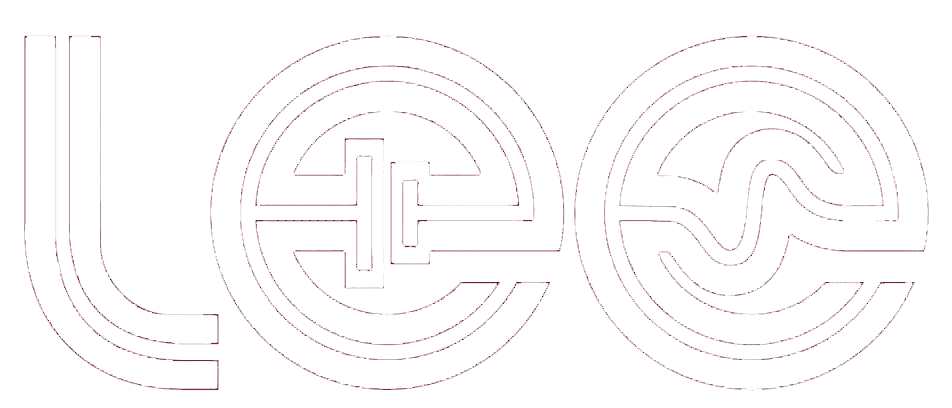LEE conducts XPectra training
October 3, 2022
The Laboratory of Electrochemical Engineering, through the CIPHER Project, conducted a 3-day material characterization training titled “𝗫𝗣𝗲𝗰𝘁𝗿𝗮: 𝗨𝗻𝗿𝗮𝘃𝗲𝗹𝗶𝗻𝗴 𝗠𝗮𝘁𝗲𝗿𝗶𝗮𝗹𝘀 𝗳𝗼𝗿 𝗘𝗻𝗲𝗿𝗴𝘆 𝗦𝘁𝗼𝗿𝗮𝗴𝗲 𝗮𝗻𝗱 𝗖𝗼𝗻𝘃𝗲𝗿𝘀𝗶𝗼𝗻 𝗗𝗲𝘃𝗶𝗰𝗲𝘀 𝘁𝗵𝗿𝗼𝘂𝗴𝗵 𝗔𝗱𝘃𝗮𝗻𝗰𝗲𝗱 𝗖𝗵𝗮𝗿𝗮𝗰𝘁𝗲𝗿𝗶𝘇𝗮𝘁𝗶𝗼𝗻 𝗧𝗲𝗰𝗵𝗻𝗶𝗾𝘂𝗲𝘀” from 27 to 29 September 2022. The training was participated by 26 LEE members, including research staff and graduate students. This activity aimed to broaden the knowledge and skill set of the participants to help them carry out their respective research topics more effectively.
During the first two days of the training, a series of lectures were delivered by experts on different material characterization methods. The lectures covered topics on imaging techniques such as scanning electron and transmission electron microscopy; structural analyses through X-ray diffraction; and spectroscopic techniques including Raman, UV–vis, Fourier transform infrared, and differential electrochemical mass spectrometry.
The participants also joined laboratory tours for more hands-on observations inside the Earth Materials Sciences (EMS) Laboratories at the UP National Institute of Geological Sciences (NIGS); NASAT Labs; and the Advanced Device and Materials Testing Laboratory (ADMATEL) and MATDEV Laboratory at the DOST Industrial Technology Development Institute.
𝘛𝘩𝘦 𝘊𝘐𝘗𝘏𝘌𝘙 𝘗𝘳𝘰𝘫𝘦𝘤𝘵 (𝘗𝘳𝘰𝘫𝘦𝘤𝘵 𝘓𝘦𝘢𝘥𝘦𝘳: 𝘋𝘳. 𝘑𝘰𝘦𝘺 𝘋. 𝘖𝘤𝘰𝘯) 𝘩𝘢𝘴 𝘳𝘦𝘤𝘦𝘪𝘷𝘦𝘥 𝘧𝘶𝘯𝘥𝘪𝘯𝘨 𝘧𝘳𝘰𝘮 𝘵𝘩𝘦 𝘊𝘰𝘮𝘮𝘪𝘴𝘴𝘪𝘰𝘯 𝘰𝘯 𝘏𝘪𝘨𝘩𝘦𝘳 𝘌𝘥𝘶𝘤𝘢𝘵𝘪𝘰𝘯 - 𝘗𝘩𝘪𝘭𝘪𝘱𝘱𝘪𝘯𝘦-𝘊𝘢𝘭𝘪𝘧𝘰𝘳𝘯𝘪𝘢 𝘈𝘥𝘷𝘢𝘯𝘤𝘦𝘥 𝘙𝘦𝘴𝘦𝘢𝘳𝘤𝘩 𝘐𝘯𝘴𝘵𝘪𝘵𝘶𝘵𝘦𝘴 𝘶𝘯𝘥𝘦𝘳 𝘵𝘩𝘦 𝘊𝘺𝘤𝘭𝘦 6 𝘨𝘳𝘢𝘯𝘵𝘴 (𝘐𝘐𝘐𝘋 2018-008).

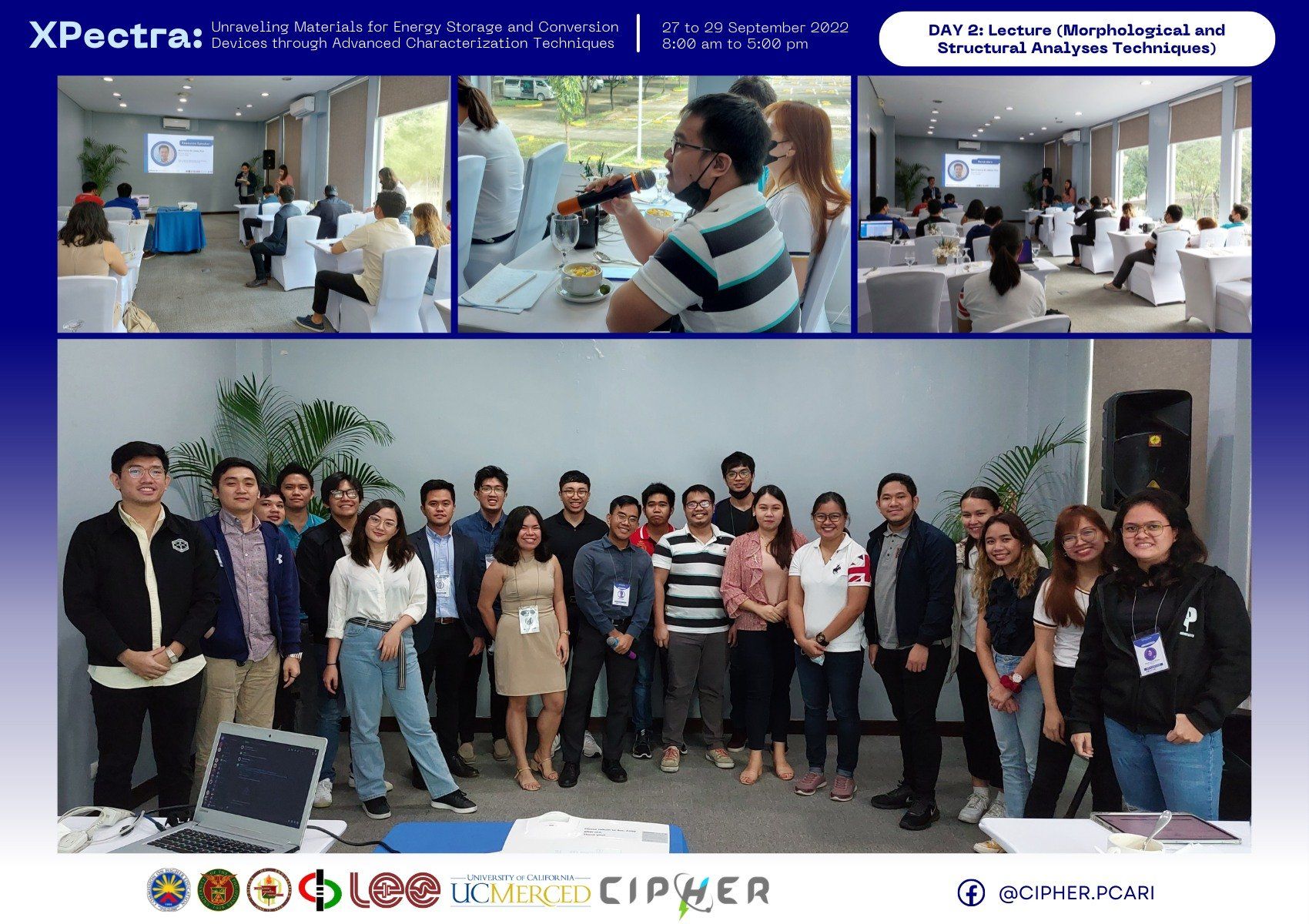
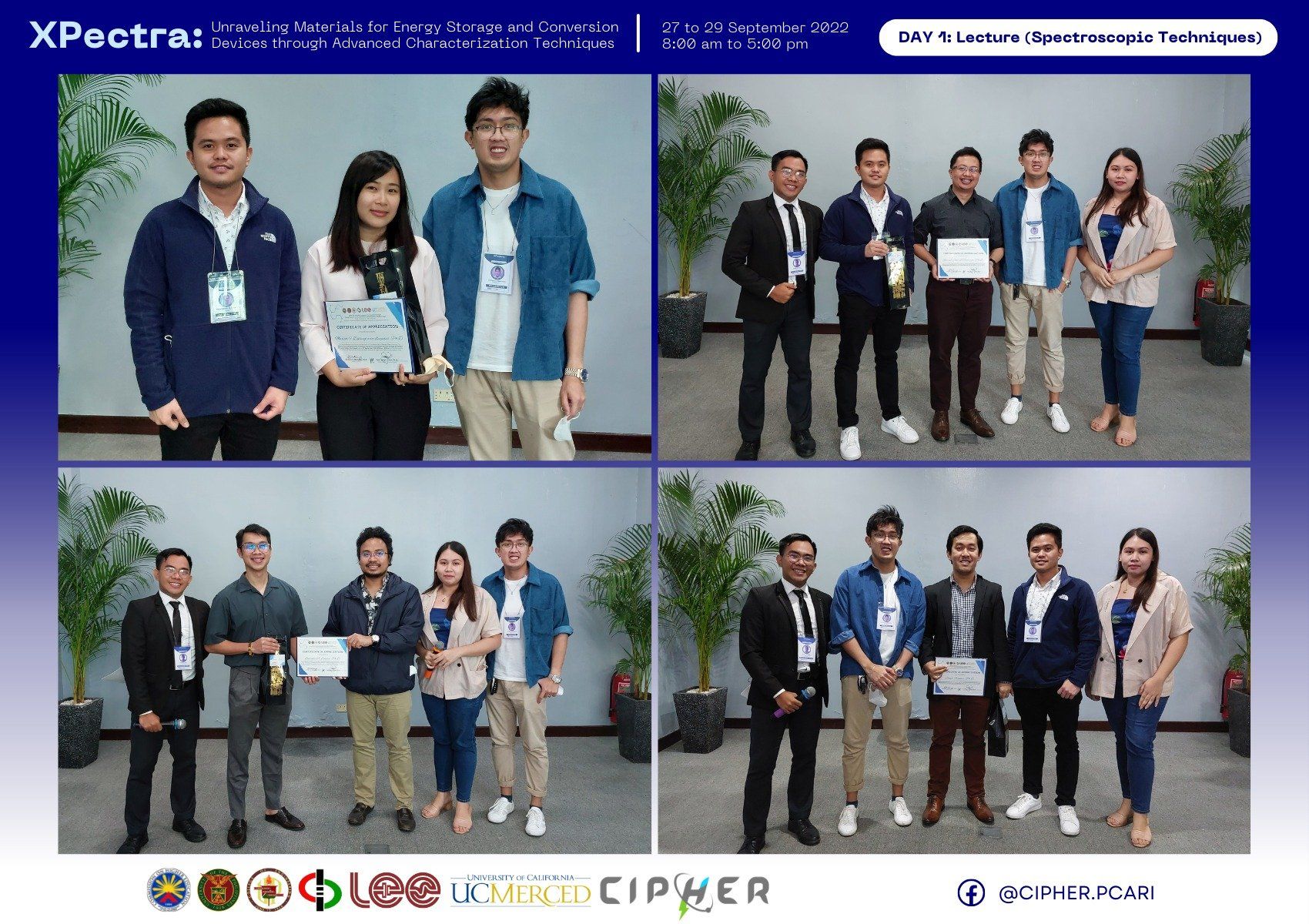

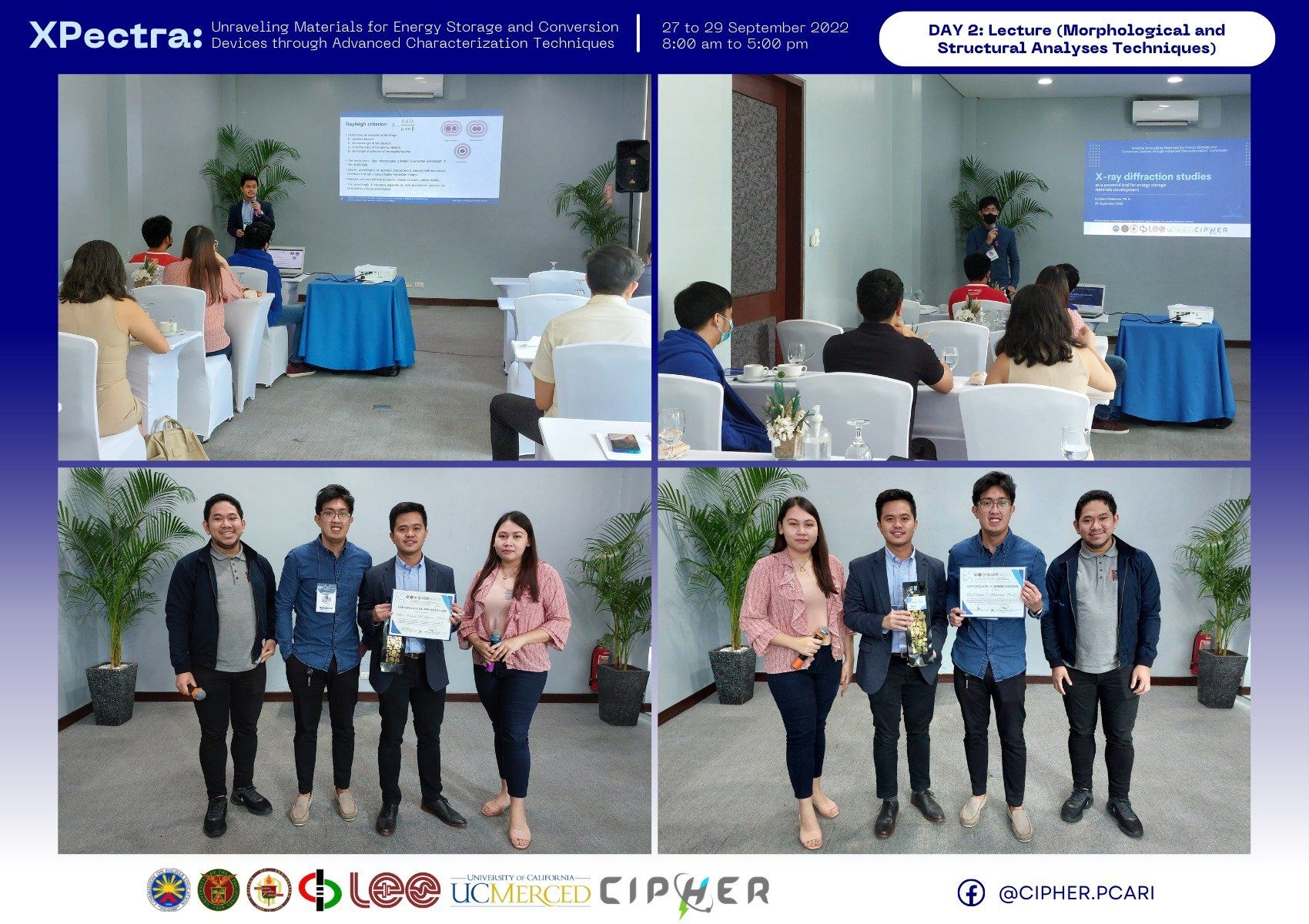
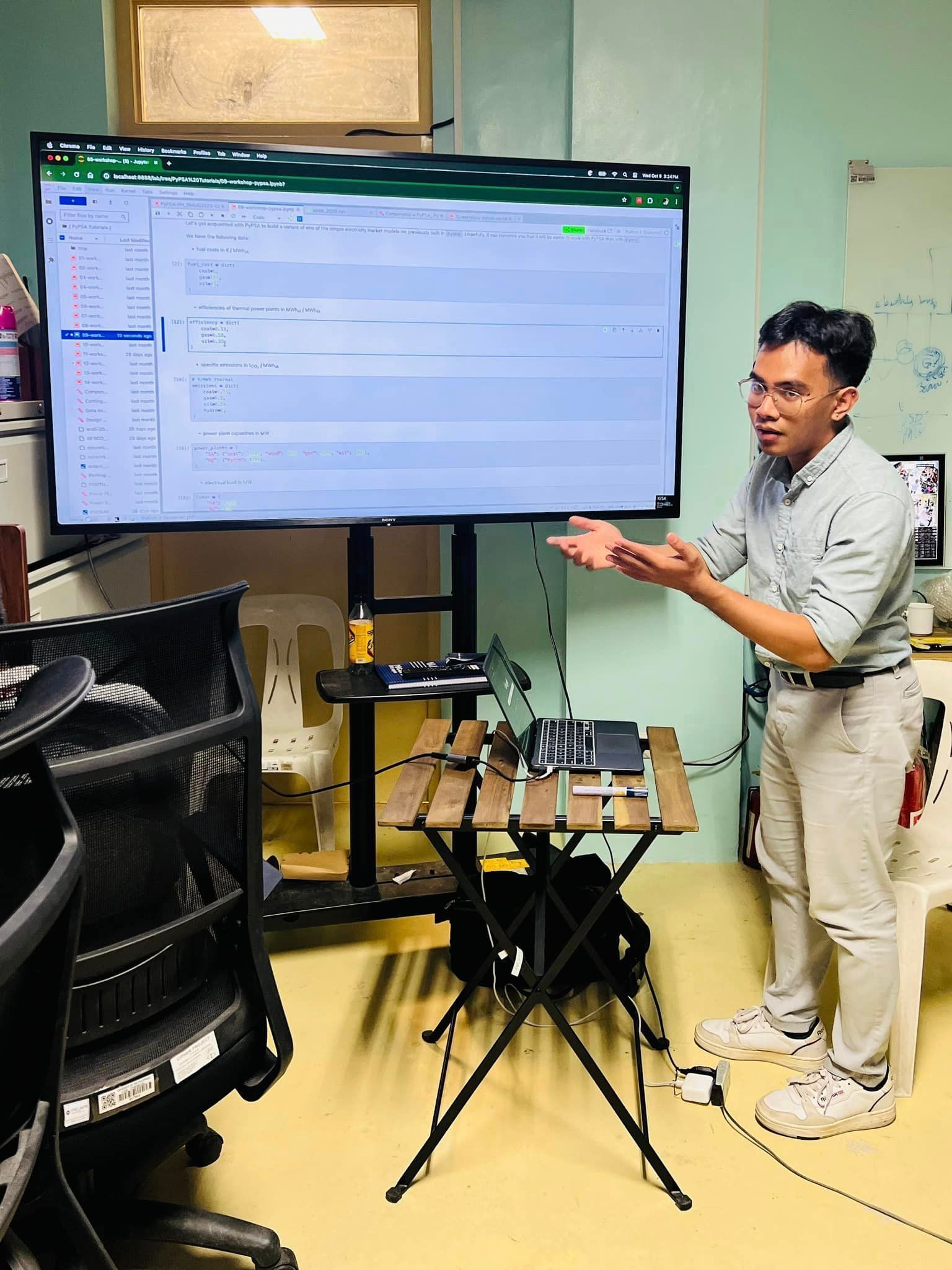
LEE research staff and graduate students participated in an in-house training and workshop on the Python for Power Systems Analysis (PyPSA) toolbox on October 9 and 23, 2024 . The sessions were led by Arizeo Salac (SRS 1, ElectriPHI), who returned from a six-month research sandwich program at the Reiner Lemoine Institute in Berlin, Germany , where he focused on data-driven decision-making and energy systems modeling. The training included a detailed discussion on energy systems modeling, with key topics such as data sources and the representation of energy systems using both conventional and renewable technologies. Participants received hands-on assistance with the software setup and installation, followed by simulation activities that showcased PyPSA’s capabilities in energy and power systems analysis. Mr. Salac also presented his baseline model of the Philippine energy system, which can be utilized for energy transition scenario planning. The event aimed to enhance participants' proficiency with open-source modeling tools, share best practices in modeling, and support their research in energy systems. Article by: Sophia Lunor
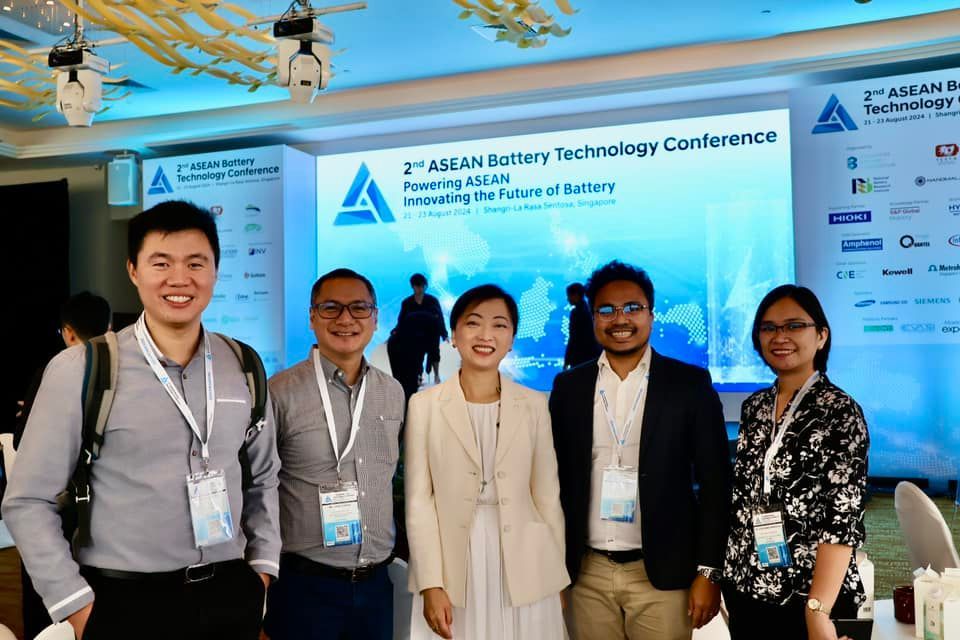
Prof. Joey D. Ocon, Dr. Julie Anne D.R. Paraggua, Dr. Lawrence Limjuco, and Giancarlo Sanglay were among the Filipino delegates at the 2nd ASEAN Battery Technology Conference , held from August 21 to 23, 2024 , at the Shangri-La Rasa Sentosa in Singapore. Themed "Powering ASEAN: Innovating the Future of Battery," the event was co-organized by key ASEAN associations from Singapore, Thailand, Indonesia, Malaysia, and the Philippines. They were accompanied by LEE member and graduate student, Giancarlo Sanglay and NextGen Project Chief Technical Specialist, Dr. Lawrence Limjuco, of the Advanced Batteries Center. The conference aimed to foster connections among researchers, engineers, and industry stakeholders within the battery and electric vehicle (EV) sectors. It provided a platform for knowledge exchange, technical discussions, and potential collaborations. Key topics included the development of the Battery and EV Roadmap for Southeast Asia, as well as government policies and regulations surrounding battery and energy storage systems (ESS) applications. Industry leaders and academic experts also addressed technological advancements in battery materials, financial support for innovations, and strategies for managing the end-of-life value chain of batteries. Prof. Ocon, who also serves as Co-Founder of Nascent Batteries, played an active role in the event by moderating a panel discussion on advancing ESS technologies in Asia. The panel featured representatives from prominent organizations, including EDP Renewables APAC, Green Tenaga Pte Ltd, and the Electricity Generating Authority of Thailand. This collaborative event underscored the region's commitment to advancing sustainable energy solutions and highlighted the critical role of ASEAN countries in driving innovation within the battery and EV industries. Article by: Lora Monique Sapanta
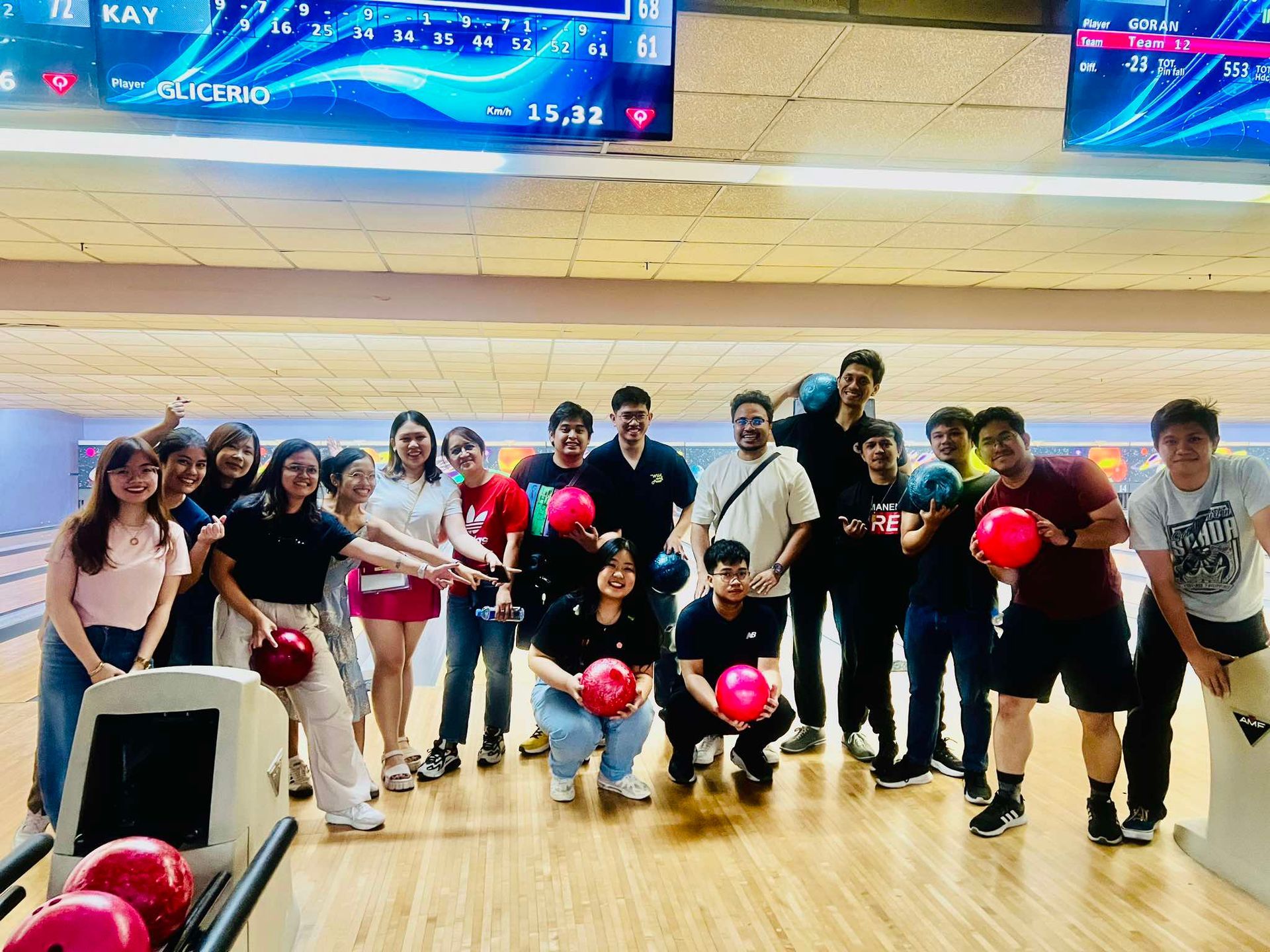
The Laboratory of Electrochemical Engineering (LEE) held a despedida party to bid farewell to two of its active members — Ms. Rosela Lazaro and Asst. Prof. Michael Castro — as they embark on a new chapter of their academic journey. The LEE members, along with their laboratory head, Prof. Joey D. Ocon, celebrated through a friendly competition at the Ever Gotesco Bowling Alley, Commonwealth Avenue last August 19, 2024. This also fostered camaraderie and strengthened the bond and friendship between the lab members. Ms. Lazaro will be studying MS in Environmental Science and Engineering at Gwangju Institute of Science and Technology, South Korea. Meanwhile, Asst. Prof. Castro will be pursuing a doctorate degree in Nuclear Engineering and Management at the University of Tokyo, Japan. He will be returning to UP Diliman to tend to his duties at the Department of Chemical Engineering. Indeed, ‘goodbyes’ are not the end. It marks a beginning of a new ‘hello’, a step closer to making dreams come true. To Sir Michael, ganbatte! To Sela, hwaiting! We are all rooting for you both! Article by: Lora Monique Sapanta


